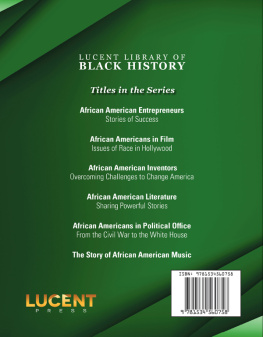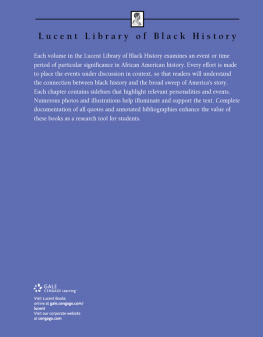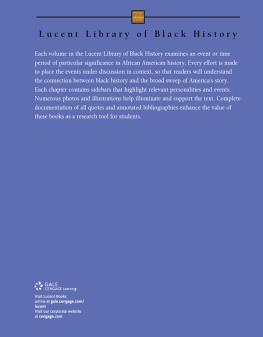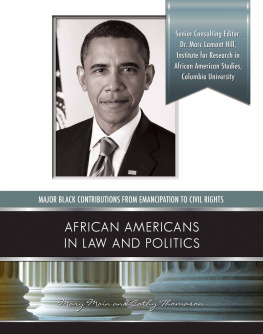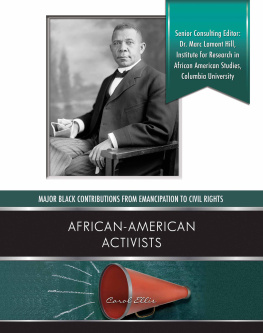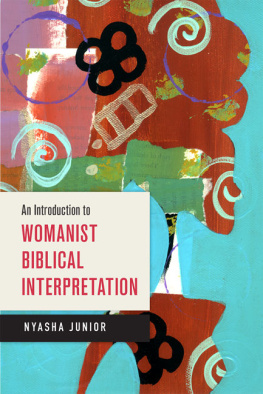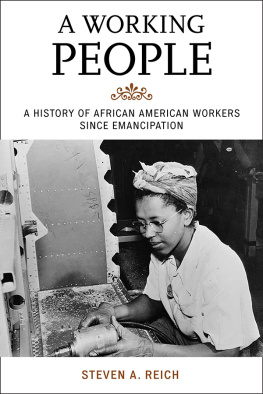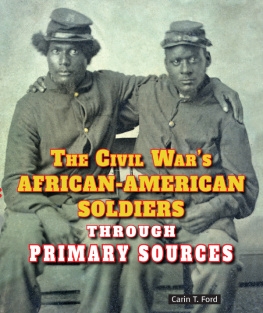Herbert Robinson Marbury - Pillars of Cloud and Fire: The Politics of Exodus in African American Biblical Interpretation
Here you can read online Herbert Robinson Marbury - Pillars of Cloud and Fire: The Politics of Exodus in African American Biblical Interpretation full text of the book (entire story) in english for free. Download pdf and epub, get meaning, cover and reviews about this ebook. year: 2015, publisher: NYU Press, genre: Politics. Description of the work, (preface) as well as reviews are available. Best literature library LitArk.com created for fans of good reading and offers a wide selection of genres:
Romance novel
Science fiction
Adventure
Detective
Science
History
Home and family
Prose
Art
Politics
Computer
Non-fiction
Religion
Business
Children
Humor
Choose a favorite category and find really read worthwhile books. Enjoy immersion in the world of imagination, feel the emotions of the characters or learn something new for yourself, make an fascinating discovery.

- Book:Pillars of Cloud and Fire: The Politics of Exodus in African American Biblical Interpretation
- Author:
- Publisher:NYU Press
- Genre:
- Year:2015
- Rating:3 / 5
- Favourites:Add to favourites
- Your mark:
Pillars of Cloud and Fire: The Politics of Exodus in African American Biblical Interpretation: summary, description and annotation
We offer to read an annotation, description, summary or preface (depends on what the author of the book "Pillars of Cloud and Fire: The Politics of Exodus in African American Biblical Interpretation" wrote himself). If you haven't found the necessary information about the book — write in the comments, we will try to find it.
At the birth of the United States, African Americans were excluded from the newly-formed Republic and its churches, which saw them as savage rather than citizen and as heathen rather than Christian. Denied civil access to the basic rights granted to others, African Americans have developed their own sacred traditions and their own civil discourses. As part of this effort, African American intellectuals offered interpretations of the Bible which were radically different and often fundamentally oppositional to those of many of their white counterparts. By imagining a freedom unconstrained, their work charted a broader and, perhaps, a more genuinely American identity. In Pillars of Cloud and Fire, Herbert Robinson Marbury offers a comprehensive survey of African American biblical interpretation.
Each chapter in this compelling volume moves chronologically, from the antebellum period and the Civil War through to the Harlem Renaissance, the civil rights movement, the black power movement, and the Obama era, to offer a historical context for the interpretative activity of that time and to analyze its effect in transforming black social reality. For African American thinkers such as Absalom Jones, David Walker, Zora Neale Hurston, Frances E. W. Harper, Adam Clayton Powell, and Martin Luther King, Jr., the exodus story became the language-world through which freedom both in its sacred resonance and its civil formation found expression. This tradition, Marbury argues, has much to teach us in a world where fundamentalisms have become synonymous with authentic religious expression and American identity. For African American biblical interpreters, to be American and to be Christian was always to be open and oriented toward freedom.
Herbert Robinson Marbury: author's other books
Who wrote Pillars of Cloud and Fire: The Politics of Exodus in African American Biblical Interpretation? Find out the surname, the name of the author of the book and a list of all author's works by series.


